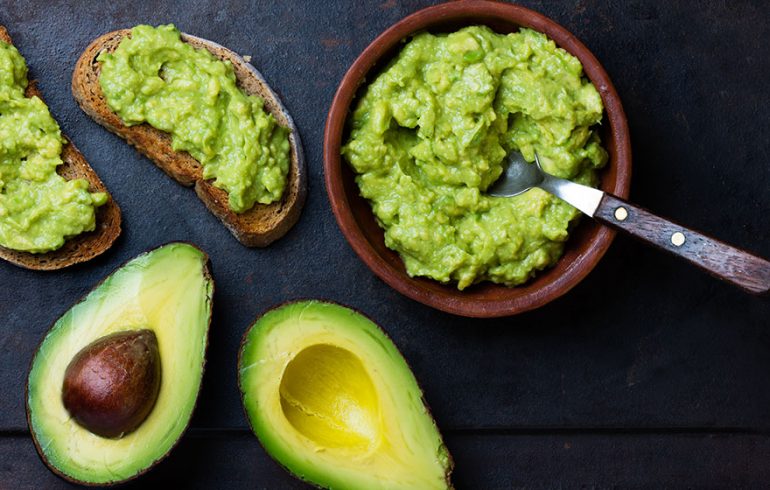In a first-of-its-kind study, avocados were shown to be more efficient in reducing the risk of obesity and diabetes than previously known, according to researchers at the University of Guelph.
As part of the study, released in the journal Molecular Nutrition and Food Research, the team at Guelph focused on a compound found in guacamole, which inhibits cellular processes that would result in diabetes.
Among individuals with diabetes, a condition affecting over 20 million in the U.S., the body produces insulin resistance and is incapable of burning fatty acids. The condition prevents the process of fatty acid oxidation resulting in incomplete oxidation.
In the findings, the compound uncovered in avocados, avocatin B (AvoB), also classified as an avocado-derived fatty acid oxidation (FAO) inhibitor, antagonizes incomplete oxidation to diminish insulin resistance, based on their assessment on rodents.
For eight weeks, the rodents consumed high-fats to trigger diet-induced obesity (DIO). Thereafter, half of the rodents fed on an additional diet of AvoB, twice a day, for five weeks, to assess for any metabolic changes.
From close observation, it was evident that rodents saw a substantial reduction in weight compared to their counterparts. In addition, the rodents exhibited increased insulin sensitivity, in which their bodies were able to suitably remove glucose from the bloodstream.
According to one of the study’s co-authors, Nawaz Ahmed, “AvoB inhibits FAO which led to improved glucose tolerance, glucose utilization, and insulin sensitivity.”
Ahmed concludes: “Therapeutic agents that are safe and effectively inhibit FAO and improve DIO‐associated pathologies are currently not available. AvoB’s mechanism of action and favorable safety profile highlight its nutritional and clinical importance.”


